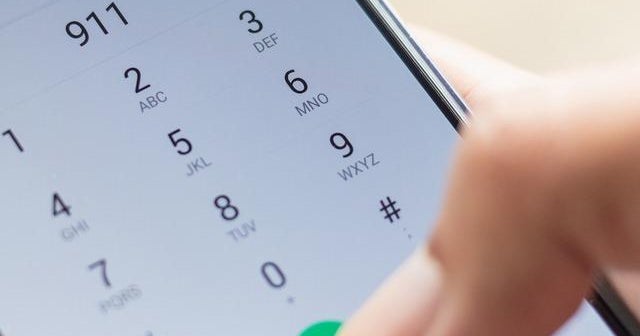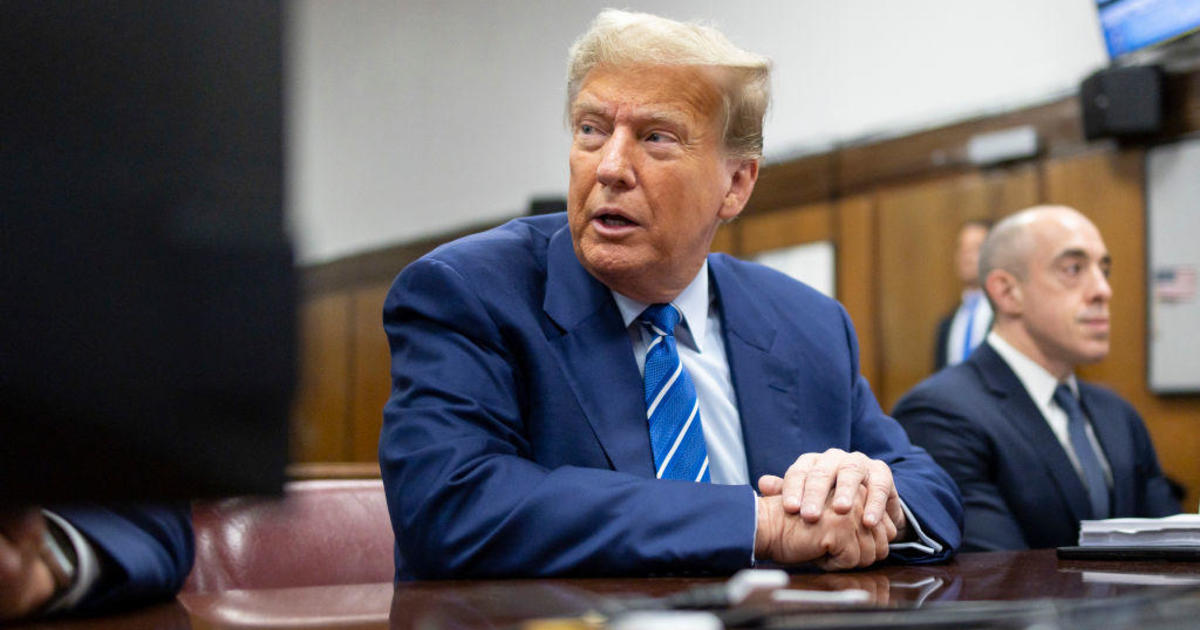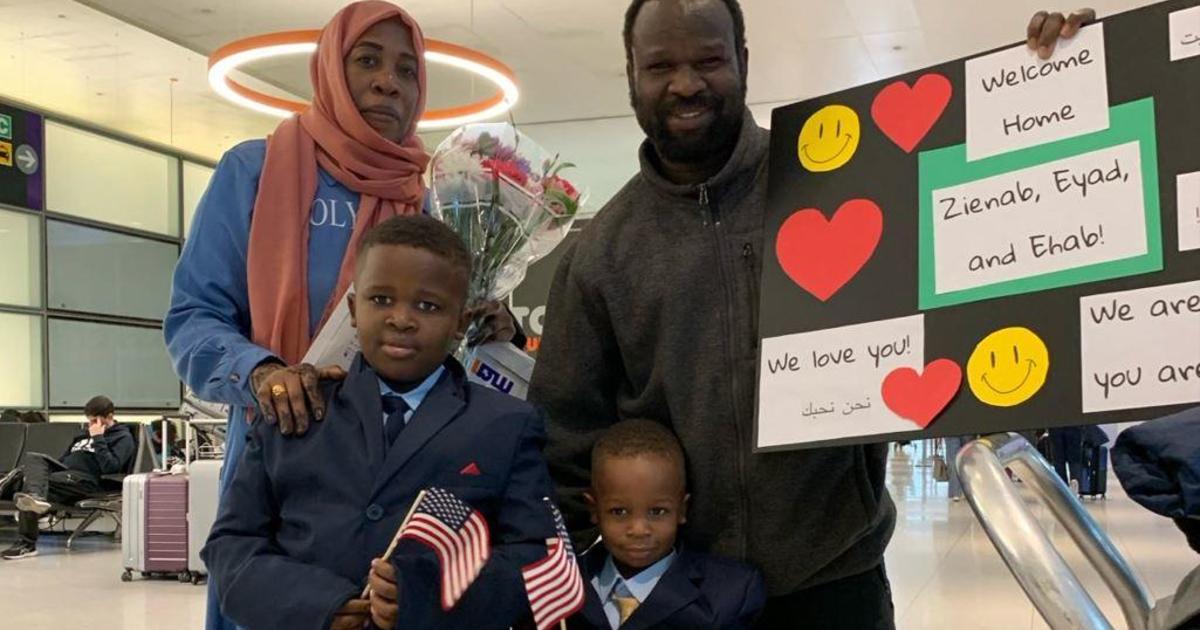Buttigieg struggles to win support of minority voters in South Carolina and Super Tuesday states
Greenville, South Carolina — After finishing strong in Iowa and New Hampshire, Pete Buttigieg still faces considerable headwinds in appealing to black voters as the election calendar moves to South Carolina and Super Tuesday states.
Buttigieg frequently argued on the campaign trail that performing well in Iowa and New Hampshire, which are mostly white, would demonstrate his ability to win. And winning, he reasoned, would lend his candidacy credibility in states with more minority voters, including the next two to vote, Nevada and South Carolina. On the day of the New Hampshire primary, he told CBS News he'd heard from voters in those states that they wanted to see a candidate prove he or she can win.
"I think there's going to be a level of clarity as we emerge from New Hampshire, where campaigns like mine that need to go out there and earn support and prove that we have the right message have a whole new chance to do it and are getting a second look from voters who really weren't tuning into us much before," Buttigieg said.
But the young former mayor of South Bend did not get much of bounce out of the first two states, finishing third in Nevada, behind Joe Biden and Bernie Sanders. The Iowa Democratic Party's disastrous handling of its caucuses earlier this month were not helpful to Buttigieg. Its lengthy delay in reporting the results denied Buttigieg a boost after his finish at the top the field. Going into South Carolina, he's polling farther back, with 10% support in CBS News' most recent poll.
A Monmouth University poll of likely South Carolina Democratic voters released Thursday showed Buttigieg with even less support, polling at 6%, and receiving just 2% of support among black voters. The same poll showed Joe Biden with 45% support from black voters, followed by Tom Steyer at 17% and Bernie Sanders at 13%. African-American voters are expected to make up 60% of the electorate voting in the primary Saturday.
He has been trying to get the message across to black voters that he understands the importance of their support and what they endured to win the very right to vote.
"It is humbling to ask anyone for their vote, but it is particularly so when addressing black voters whose vote was earned through generations of struggle," Buttigieg said at a National Action Network breakfast in North Charleston on Wednesday. "Through blood and sweat and tears just to have access to the ballot box. And a vote that for so many was only won within living memory. And so I'm asking for that vote knowing how hard won it is, knowing it is the vote of those with a great deal at stake."
On Thursday, Buttigieg continued his courtship of minority leaders, meeting with the Congressional Hispanic Caucus and the Congressional Black Caucus (CBC). Maryland Congressman Anthony Brown, who is one of Buttigieg's national co-chairs, helped organize the meeting, according to a source familiar with the meeting.
There have been a few positive signs for Buttigieg. He has received a handful of endorsements from minority officials, including Nevada Assemblywoman Sandra Jauregui and South Carolina State Representative J.A. Moore. Jauregui and Moore previously supported supported California Senator Kamala Harris' presidential campaign. He was also endorsed by Jalen Elrod, the vice chair of the Greenville County Democratic Party.
The compressed primary schedule may be one of the factors working against Buttigieg, since, anecdotally, it seems some voters here may now be giving him a second look just before the primary. After the debate in Charleston this week, Pamela Rumph, a North Charleston native, told CBS News that she had long supported Joe Biden, but she was disappointed in what he had to say at the National Action Network breakfast Wednesday.
"He just pretty much thanked the people that were here ... Nothing about what his plans or his — you know — work for this nation," Rumph said. She added, "That had me, you know, pushing him you know like, 'you got to do it, you got to tell us what you're gonna do, what you're gonna do.' Before, it was a lot about what he did under the Obama administration. Well, the Obama administration is not here any longer, so we need to hear what you're going to do. And I feel like the other candidates really did bring what they were going to do."
She told CBS News she's undecided now, but if she had to vote today, "Honestly, never thought it would be, but I think it would be Pete Buttigieg...from (the breakfast) today, what he said, and the passion I felt in what he said."
In a memo released Tuesday, Buttigieg's campaign detailed his path to the nomination, arguing that his campaign would remain competitive if he's within a 350-delegate margin of Sanders after the Super Tuesday contests. The memo says that the nominating contests on March 10 and March 17 are "more favorable" for Buttigieg. A Buttigieg aide told CBS News the strategy heading into Super Tuesday and beyond is focused on hitting the viability threshold for delegates in congressional districts. In an email earlier this week, the campaign set a $13 million fundraising goal leading up to Super Tuesday and says it's over halfway there.
"The key to winning is to minimize Sanders' margins on Super Tuesday and rack up delegates in the following contests as the field winnows," the memo says. Ahead of the primaries this weekend and on Tuesday, Buttigieg is barnstorming through North Carolina, Texas, Oklahoma and California.
Buttigieg has augmented staffing in Super Tuesday states with a large volunteer army in every congressional district in every Super Tuesday state, as well as every congressional district in the March 10th nominating contests, an aide told CBS News. A Buttigieg aide said the campaign has more than 100 staffers in states voting on Super Tuesday, March 10 and March 17. And the campaign announced Thursday that 30,000 volunteers are hosting hundreds of events geared around voter engagement.
The campaign announced on Thursday a targeted digital advertising program in Super Tuesday states in which content is user-generated. And the campaign is launching a seven-figure television and digital ad buy for 12 Super-Tuesday states.
After the Iowa caucuses and New Hampshire primary, Buttigieg emerged as a front-runner with his message of unity and his policy platform that has needled between Biden and his more progressive competitors on policies like health care and college affordability. He has sought to differentiate himself from the top contenders who have been in Washington for decades, painting himself as a Washington outsider more prepared than they are to take on the outsider in the White House.
Lately, Buttigieg has been drawing sharp contrasts with Sanders, who is leading the field, suggesting that the progressive senator alienates a portion of the electorate. And Buttigieg frequently tells crowds that they do not have to choose a "revolution" or the "status quo."
He has continued to pitch his health care plan in a television ad in South Carolina. Buttigieg's plan would offer a public option — "Medicare for all who want it," as he phrases it — and he often slams Sanders' single-payer government plan, which would eliminate private insurance.
LaCrai Mitchell contributed to this report.



